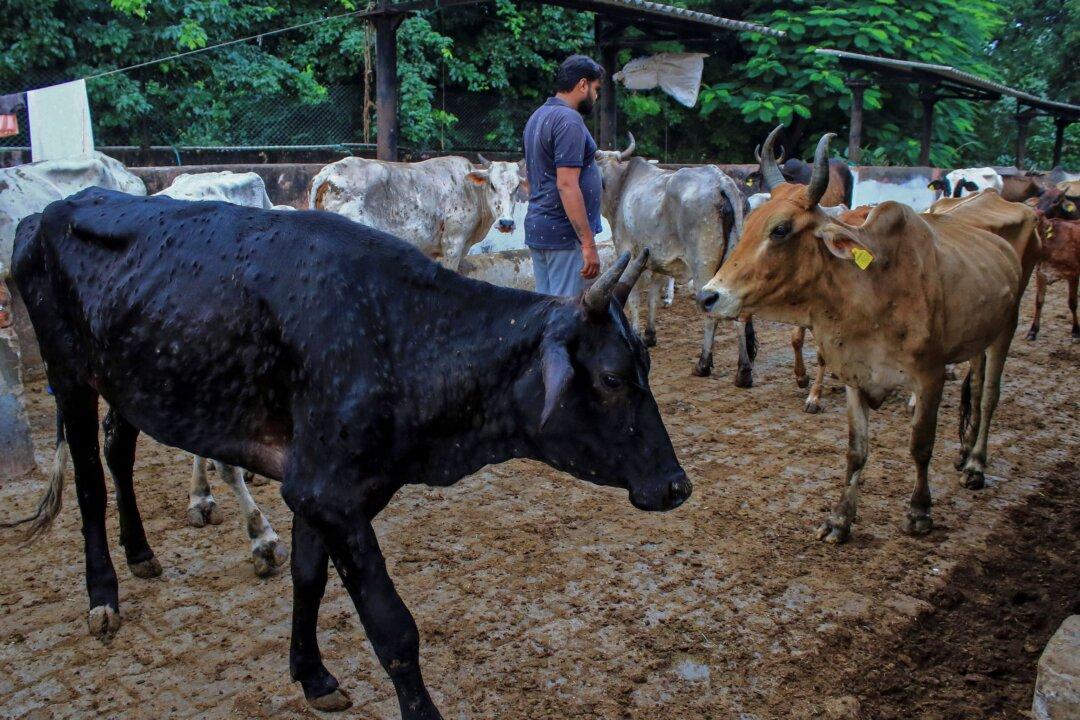Australia remains free from lumpy skin disease (LSD), according to recent negative test results.
LSD is a severe viral disease primarily affecting cattle and buffalo, not humans and is not transmitted via eating meat.

Australia remains free from lumpy skin disease (LSD), according to recent negative test results.
LSD is a severe viral disease primarily affecting cattle and buffalo, not humans and is not transmitted via eating meat.